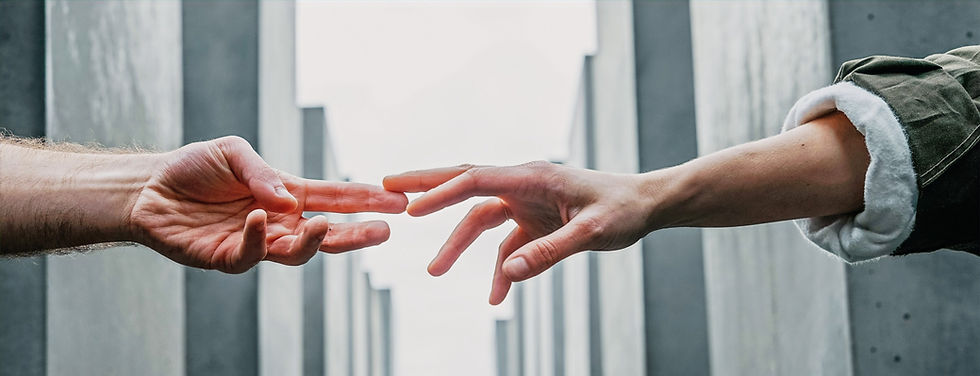Trust and you
- Jan 24, 2021
- 2 min read

The way we trust is heavily influenced by a number of factors throughout our lives and as we grow up our relationship with trust changes and adapts in line with our experiences.
When people talk about trust, especially in relation to our romantic relationships, it is usually linked to cheating and infidelities. However, trust is so much more than that. Check out my previous blog Trust & Affairs to learn a bit more about this, or head to my free Facebook Group, JHR Counselling VIP Group, where Trust has been the theme for January 2021.
One of the main things that influences how we trust and how that plays out in our relationships, is our childhood and the lessons we learn from our caregivers.
Attachment theory was introduced by John Bowlby (1958), a British Psychologist and Psychoanalyst, who highlighted the importance of the relationship between an infant and their primary caregiver in terms of emotional and cognitive development. He went on to create 4 separate attachment styles relating to this relationship and descriptive of the behaviors and tendencies of the child as a result of this relationship.
There is lot's of information about attachment theory on the internet but for a good overview have a look at this article in Positive Psychology.
Put very simply, if you want to learn more about your relationship with trust and how that may have come about, it might be useful to have a look at your past.
I developed the attached document to support this process. It asks you to consider different things that have happened in your life and hopefully gets you to think about these things in a different way. It can also be helpful to those around you in understanding certain behaviour traits or thoughts you may have.
Obviously, on the reverse of this, it may help you understand your partner more.
Included in the document is a case study I put together detailing a problem brought into Relationship counselling. This account is fictional but based on experience.
Billy and his wife came into counselling after a discovery of cheating, Billy had cheated on Kate, his wife, a number of times and was also very controlling in his behaviour towards her.........
From here I have then attempted to explain how early experiences may have affected Billy and ultimately influenced his bahaviour in his current relationship. Offering this example can help you to understand how your past experiences can affect your relationship with trust.
Remember, the whole point of counselling is to support you in your own discovery, not to offer instant solutions to problems. This worksheet can help you identify possible causes of trust issues, once you have that information you are then more likely to change the bahaviour it is associated with.
After all, Knowledge is power!
Have a great Day x Jo




Comments